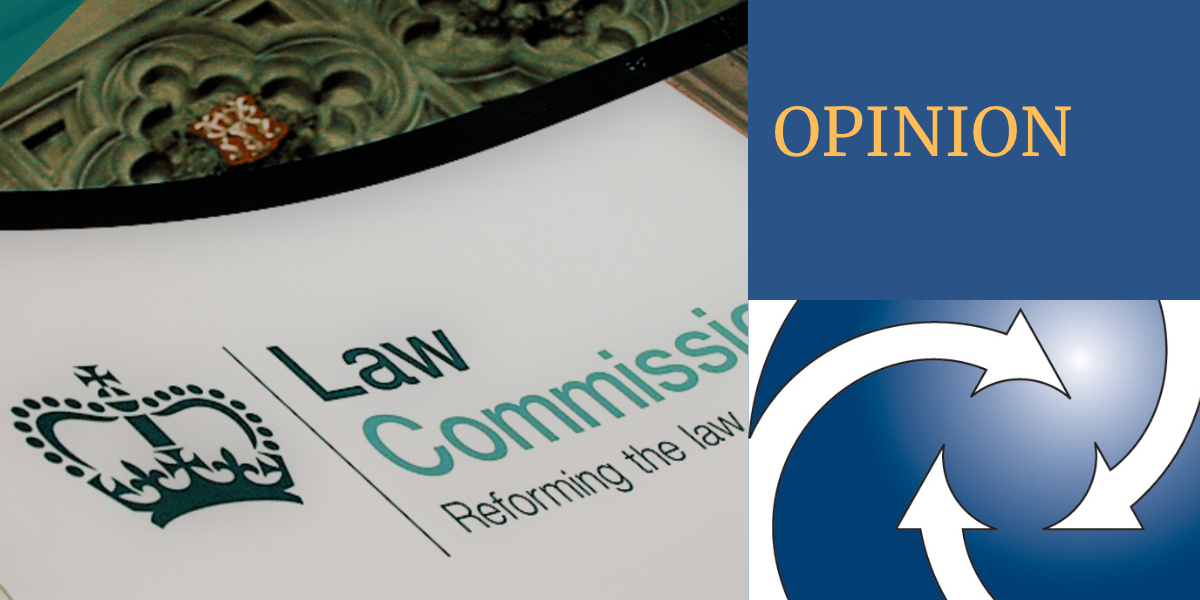Tony McClements, managing director of investigations at MKS, welcomes reform of the confiscation regime suggested by the Law Commission in the UK
The Law Gazette has recently published an article summarising the Law Commission’s proposed changes to the UK’s confiscation regime in relation to acquisitive crime.
As a former detective who has specialised in fraud and financial investigation since 1998, and who still practises in these fields albeit in the private sector, I welcome wholeheartedly the news that the UK’s Law Commission is considering reforming the confiscation process.
Like many other jurisdictions, UK legislation has established confiscation procedures, which are designed to strip criminals of their ill-gotten gains and reinforce the message that crime doesn’t pay.
Unfortunately, the complexity and ineffectiveness of the confiscation regime is causing the operators of the regime – the police, lawyers, and judges – to tactically overlook recoverable assets to avoid the abundant administrative and regulatory hurdles, and excessive cost, that the confiscation procedure framework entails. Because of this failure of the regime and its operators, the message that crime doesn’t pay is less effectively conveyed.
The Law Commission’s report describes the current regime as being “inefficient, complex and ineffective- with weak enforcement….”. Those who navigate the regime likely share this view.
the current regime is “inefficient, complex and ineffective- with weak enforcement….”
One suggestion is that of “limiting unrealistic orders that are unlikely to be paid.” To my mind, this was at the forefront of the provisions when Proceeds of Crime Act 2002 (POCA) was enacted. It’s also a suggestion that is unlikely to curry favour with my former law enforcement colleagues.
The ethos of ensuring that crime does not pay is at the core of POCA. For example, if a criminal can be shown to have benefited to a sum of £1 million, and their realisable assets are only £100,000, then they owe the state £900,000. Assuming no “hidden assets”, then, to my mind, the confiscation order should be in the amount of £900,000. Consider, for instance, if the same criminal were to later win £1 million on the lottery, or if they were to inherit £1 million from a distant aunt. Should that criminal be entitled to keep their new windfall payment?
As a practitioner I interpreted POCA to have been intended to be a “cradle-to-grave” means of ensuring that crooks did not benefit from their criminality. It covered the possibility of them coming into money after their confiscation order was imposed. I appreciate that a scenario in which a criminal with limited realisable assets later receives substantial sums is unlikely, but confiscation orders cost nearly nothing to administer in such cases, so they should be issued in such cases in anticipation of the slight chance that the criminals financial position changes.
this “overhaul” will result in such a marginal gain
The Law Commission’s remaining suggestions appear to make sense, but the fact that this “overhaul” will result in such a marginal gain (of £8 million additional confiscated value) renders the advantages of the amendments debatable, especially when the outstanding confiscation order debt is in the region of £2 billion.
As a former law enforcement officer, I accept that my perspective on the confiscation regime is skewed, but I question the frequent allegations that POCA is too draconian. POCA is a necessary tool in the law enforcement toolbox given the ever-increasing rate of criminal activity, particularly that of the serious and organised variety.
POCA is a necessary tool in the law enforcement toolbox
All those reading this who have a role to play in confiscation hearings will be familiar with the “horse trading” that takes place ahead of the hearing. I question whether this is in the spirit of POCA, especially given that it tends to favour defendants, and afford them more concessions than they are due.
Personally, where appropriate, I would like to see more defendants incarcerated when their realisable assets are insufficient to satisfy confiscation orders. Increasing the risk of incarceration would deter criminals by increasing their risk/reward calculus. It might also reduce the incentive for criminals to underrepresent their realisable assets for the purposes of a confiscation order assessment.
I’m not suggesting that I have the answers, but I do question whether the projected £8 million in additional confiscation order revenue justifies the costs of implementing this overhaul of the confiscation regime.
 Tony McClements is Managing Director of Investigations at Martin Kenney & Co (MKS), and a guest lecturer in Fraud and Financial Investigation at the University of Central Lancashire. He is a 33-year veteran police detective investigating serious & organised crime, specialising in the investigation of fraud since 1998.
Tony McClements is Managing Director of Investigations at Martin Kenney & Co (MKS), and a guest lecturer in Fraud and Financial Investigation at the University of Central Lancashire. He is a 33-year veteran police detective investigating serious & organised crime, specialising in the investigation of fraud since 1998.

